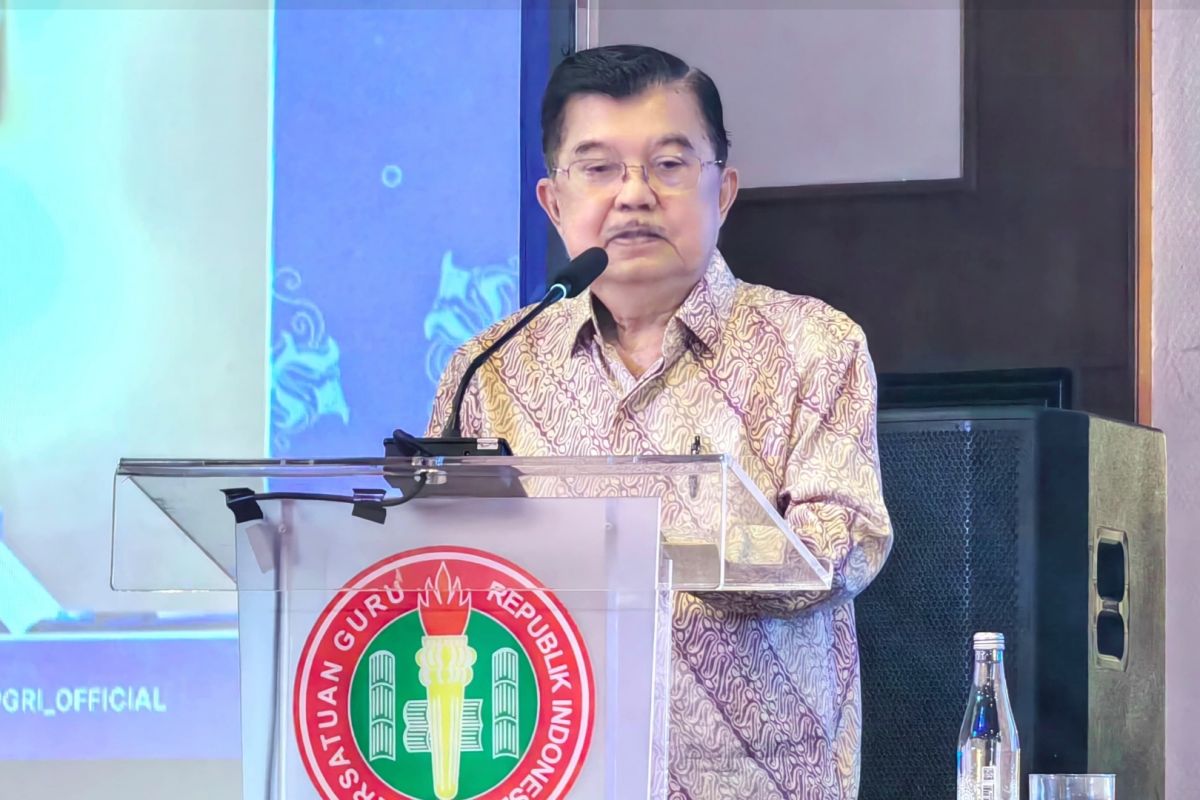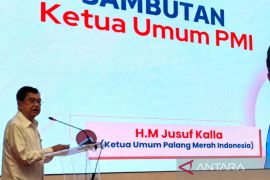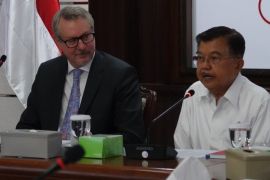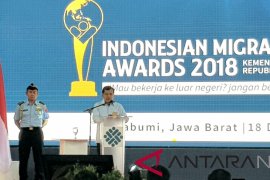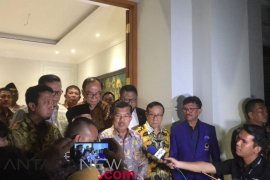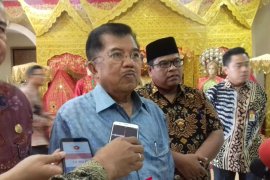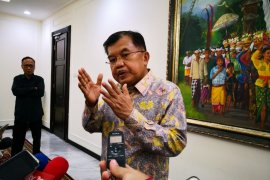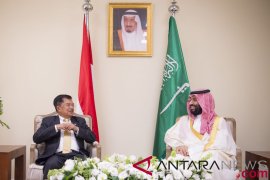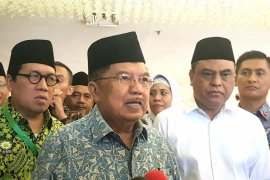This new way of thinking will significantly impact education and may fundamentally change how we teach, assess, and even define learning itself,Jakarta (ANTARA) - Former Indonesian Vice President Jusuf Kalla has called on teachers across the country to be prepared to to embrace change in the face of advancing Artificial Intelligence (AI), so that they can remain more knowledgeable than their students.
Speaking at the 2025 National Leadership Meeting of the Indonesian Teachers Association (PGRI) in Jakarta on Friday, Kalla stated that no one can avoid the presence of AI, as it has affected all aspects of human life, including education.
He emphasized that AI could potentially make students more knowledgeable than their teachers, as they increasingly rely on advanced tools capable of answering nearly any question.
Related news: Indonesia, South Korea strengthen AI ties with focus on ethics, talent
“That preparation must start now, otherwise we will fall behind again. Of course, we agree with the use of AI, but the focus should be on how to highlight its positive aspects in the learning process,” said Kalla, who also serves on the Advisory Board of the Indonesian Teachers Association (PGRI).
He warned that the sophistication of AI has already begun to reshape educational systems—from learning methods and classroom interactions to assessment strategies—presenting new challenges for teachers.
“This new way of thinking will significantly impact education and may fundamentally change how we teach, assess, and even define learning itself," he added.
Related news: Indonesia, UK explore AI ethics and governance framework together
While Kalla acknowledged that AI is bringing a new atmosphere to Indonesia’s education system, he predicted that the change would not happen overnight. Instead, he expects a revolutionary shift to unfold gradually over the next five to ten years.
“In the future, there may no longer be a need for beautiful handwriting, but rather for fast writing. Paper will no longer be necessary, as everything will be integrated into smartphones and laptops,” he explained.
Kalla also stressed the importance of enforcing clear rules on mobile phone usage in schools, arguing that unrestricted access could hinder students' critical thinking skills.
He urged teachers to be firm in regulating mobile phone use at school, warning that if students are allowed to use their phones freely, they may not develop their logical thinking skills.
Related news: Ministry, UMJ guide teachers on leveraging AI for learning
Related news: Indonesia seeks international collaboration for developing AI
Related news: Indonesia ready to lead Asia’s digital transformation: minister
Translator: Bagus Ahmad Rizaldi, Kuntum Khaira Riswan
Editor: M Razi Rahman
Copyright © ANTARA 2025
